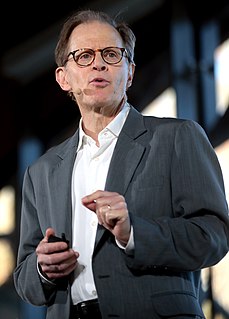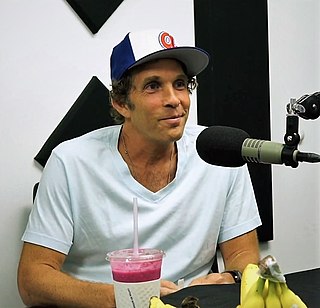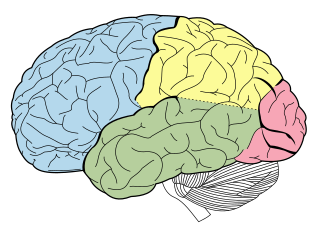A Quote by Jaron Lanier
Advertisers are not thinking radically enough - they look for technology to lead instead of trying the neuroscience approach and thinking about what parts of the brain haven't been activated before. These new experiences bring new capabilities to the brain.
Related Quotes
When it comes to making more money, most people look at the world and see the same opportunities they've seen before: typically, a job. Because they don't awaken their mind and expand their vision, they don't see other opportunities. Yet opportunities do exist. So how do you change your thinking so you can see them? One way to jolt the brain out of its preconceived category thinking is to bombard it with new experiences.
We now know that the way to help a child develop optimally is to help create connections in her brain—her whole brain—that develop skills that lead to better relationships, better mental health, and more meaningful lives. You could call it brain sculpting, or brain nourishing, or brain building. Whatever phrase you prefer, the point is crucial, and thrilling: as a result of the words we use and the actions we take, children’s brains will actually change, and be built, as they undergo new experiences.
Just as important as getting enough sleep is thinking about sleep in the right way. Stop thinking of sleep and naps as “downtime” or as a “waste of time.” Think of them as opportunities for memory consolidation and enhancing the brain circuits that help skill learning. Nor should you feel guilty about sleep. It's just as crucial a part of successful brain work as the actual task itself.
The very act of thinking about power in our lives and experiences creates a process of revelation and self-analysis that may even make us look at ourselves in a new light... thinking about power and its complex manifestations may not simply lead to a better understanding of the abstract complexities of society, but may have an effect on one?s own image and identity. Perhaps a warning label should be placed on the cover.







































